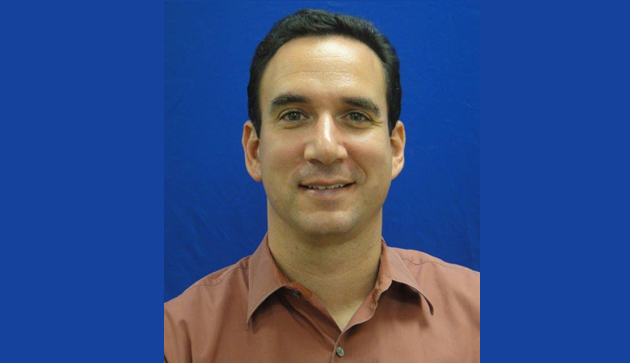I recently made it to my 20-year medical school reunion. I reached that point when everything I learned in medical school is officially obsolete. I guess no more purging and bloodletting. The clinical years of medical school were the most incredible – when we get to experience almost every discipline, try everything out for size and find that perfect fit. I enjoyed aspects of all of them and had challenges with each as well. I’m thankful I had amazing internal medicine and family practice mentors who geared me towards primary care and laid the path towards hospital medicine.
There are so many ingrained memories, as everything during 3rd year was a first: first delivery, first delivery of bad news, suturing, true diagnosis, murmur. Many of those memories were the interactions with colleagues and attendings – elements not in a textbook. Learning behaviors within the hidden curriculum. Every rotation taught me aspects of professionalism, compassion, things I filed away to emulate, and many to try to avoid. Though the latter were sometimes hard to register until after the fact. Returning to my alma mater the strongest memories were those transformative moments outside of the formal curriculum.
On my surgical rotation, I learned I could do anything. We were problem solvers. We would get more done by 0700 then I do now by 0830. I was partnered up with a fellow third-year student, one of my closest friends in medical school. We arrived every morning to an empty parking lot. 0500. Work done by 0600 to meet with the interns, then prepped for the 0700 with the surgeon. We all spent so much time together that we started to mimic each other’s behaviors. My attending had a thick New York accent.
Youse guys need to get him ready for the OR. Come in earlier tomorrow, will ya?
The mob entered the OR.
Unfortunately, the OR became blistering attacks. The attending berated the residents, who took it out on us. The mimicry of the accent was empathetic, the development of his behaviors scared me. I was afraid to speak up to the team. And I started denigrating those below me, as I was being denigrated myself.
By the end of the month, if my best friend showed up at 30 minutes late, I had to see his patients and then berated him when he arrived. I was Tony Soprano, about to whack him. Where was ya?
I almost lost a friend. He finally took me aside and laid out what I couldn’t see.
We switched attendings the last week. In the OR, I was now being gently directed towards the right way to hold the laparoscopic camera. A calm demeanor changed the workflow of all in the room. I lost my accent, my edge. I regained my friendship. Once it was pointed out to me, I couldn’t believe how easily I was influenced, subconsciously, by the behaviors and communication around me.
I learned a valuable lesson, with the first visible connection to the hidden curriculum at work. The hidden curriculum has been described by medical sociology as, “anything outside the formal dimensions of learning”. This is where we spend most of our time in training. I saw how my compassion can seep out, how whatever I learned in the classroom was erased by what I saw in person in the hospital. I understood the opposite can occur as well. I learned about hierarchy, and difficulty speaking up, and it was all there, in the hidden curriculum that month.
I learned as well that it needs to stop being hidden.



Leave A Comment